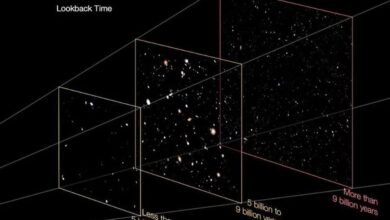8 lessons on lifelong learning from an astrophysicist | by Ethan Siegel | Starts With A Bang! | Oct, 2024

Beyond stars, galaxies, and gravity, studying the fundamental workings of nature reveals widely applicable lessons for learners everywhere.
Although most of us are fascinated with astrophysics — the science of what naturally forms all throughout the entirety of the cosmos — very few of us actually embark down the path of becoming an astrophysicist. To get there, one must not only master a large suite of mathematical tools, but also learn how to obtain solutions when faced with difficult problems. Sometimes, we run up against fundamental limitations:
- limits of what data or information can be obtained,
- limits to the applicability of our theories,
- or even limits to how well a problem can be solved, even in principle.
As physicists, we don’t get to control or dictate the laws of nature; we can only approximate reality as closely as possible in our attempts to describe nature.
Still, there are a particular set of skills that one must develop in order to be competent as an astrophysicists. While most of fret about the difficulty of the math involved in solving such problems — from algebra to calculus to differential equations to even more advanced topics — it turns out that math skills can be practiced and gained just like any other…
Source link





